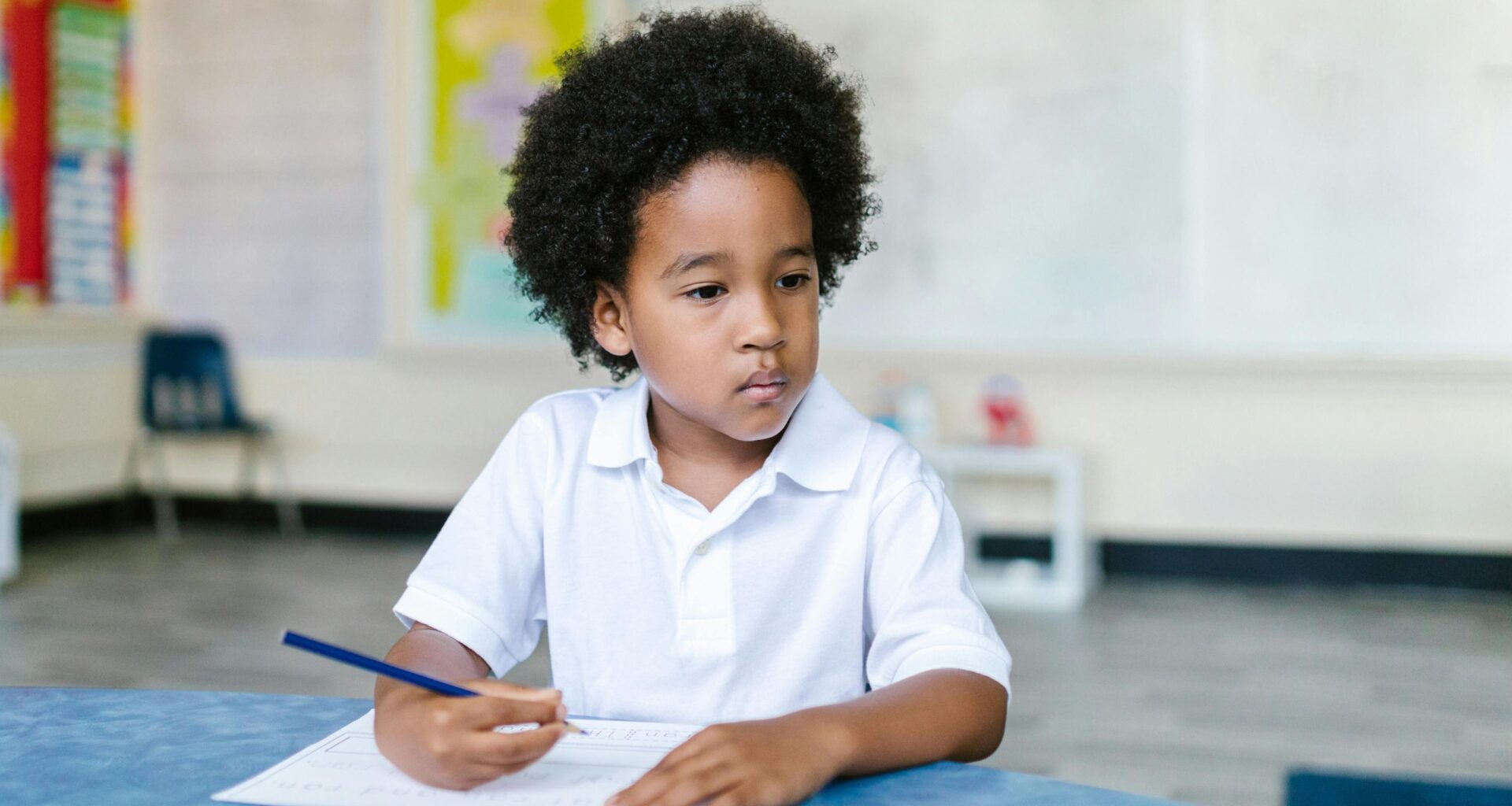Mayor Eric Adams and the city council unanimously approved a $115.9 billion adopted Fiscal Year (FY) 2026 budget at the tail end of June. It included permanent annual funding for public school 3-Kindergarten (3-K) expansion, Pre-Kindergarten (pre-K), and special education programs for the first time.
“The Council is proud to adopt a city budget that takes critical steps forward to invest in the needs of New Yorkers and our city’s neighborhoods,” said City Council Speaker Adrienne Adams in a statement. “The Fiscal Year 2026 budget will invest in expanded childcare for working families, more 7-day library service, and greater support for older adult services, maternal and mental health care, and proven public safety programs to reduce recidivism and help advance the closure of Rikers.”
Councilmember Rita Joseph, who chairs the city council’s education committee, said that the investment in infant and toddler care is a long-overdue step toward advancing the early childhood infrastructure.
The budget includes $125 million for preschool special education, $25 million towards Promise NYC and $10 million to expand childcare access to infant/toddler seats in high-need communities, $112 million in baselined funding for 3-K and pre-K, and $423.4 million for the city’s Administration for Children’s Services (ACS) childcare vouchers.
The New York City Independent Budget Office (IBO) explored changes in enrollment and capacity for 3-K and pre-K programs participating in the city’s Department of Education (DOE) early childhood programs. In the most recent analysis, IBO found that usage rates broadly increased between the 2022-2023 and 2023-2024 school years, and this increase was primarily driven by decreases in capacity for both 3-K and pre-K programs.
Joseph is especially excited about the real funding for special education services. She said that there were about 7,000 preschool students this year who weren’t being properly educated because they didn’t have access to services, despite their legally mandated Individualized Education Program (IEP). Those services included things like speech, occupational or physical therapy, or visits by a special education teacher. She vowed to change that, saying it was a “no brainer.”
“We can’t call it universal if we have preschool education students at home,” said Joseph. “We can only call it that in an inclusive system.”
Moreover, she pointed out that $70 million out of the preschool special education funding supports more precise evaluations and more effective placement of students in these classes.
The National Center for Learning Disabilities has studied the overrepresentation of Black students in special education programs that relates to identification, placement and discipline.
They concluded that Black children in special education are often subjected to harsher discipline than others, labeled as emotionally disturbed, experience teacher’s bias, and if disabled, are more likely to be restrained and excluded from general education classrooms. This leads to a gross inequity for students of color, students from low-income backgrounds, and students with disabilities in special education enrollment.
“These are exactly the students that were not getting their services,” said Joseph.
For grades kindergarten through high school, the budget also allocates $154 million to replace expiring federal funds for schools; $41 million for arts funding and $4 million to arts education; $12 million for restorative justice initiatives, $5 million for digital learning and mental health services, $4 million to provide immigrant family engagement, $2 million baselined to maintain Civics for All programming, $2.8 million to support an LGBTQIA+ inclusive curriculum, and $23 million for teacher recruitment and retention efforts, among other things.
Councilmember Shekar Krishnan added, in a statement, that funding for the Asian American and Pacific Islander (AAPI) curriculum in this budget is critical not only for diverse Asian and South Asian neighborhoods in his district in Queens–like Jackson Heights, Elmhurst, and Woodside–but for all boroughs.
“During a time when Donald Trump and National Republicans are failing our communities, I was proud to work with Speaker Adams and my colleagues to secure budget wins for our schools, immigrants, and working-class New Yorkers,” said Krishnan.
Many education advocates seemed pleased with the adopted FY 2026 budget.
The Coalition for Equitable Education Funding, comprised of more than 120 organizations, said in a joint statement: “We came together two years ago concerned that numerous impactful education programs were at risk of being rolled back or eliminated because they were being funded with expiring dollars, including hundreds of millions of dollars in one-time federal COVID-19 stimulus funds. We appreciate that all of the programs we advocated to sustain still exist today and will continue to benefit tens of thousands of students next year. In addition to the programs that received long-term funding last year, we are pleased that the budget adopted today provides long-term funding for a number of important education programs including 3-K, preschool special education classes, community schools, arts programming, and high-impact tutoring, as well as continued funding for one more year for other critical education programs.
Kim Sweet, executive director of Advocates for Children of New York (AFC), said that this budget takes an “important step” toward universal 3-K and Pre-K.
“No preschooler who needs speech therapy, counseling, or a small special education class should spend months on a waitlist because there are no available providers, but as of last month, more than 600 children were waiting for a seat in a preschool special education class and 7,000 preschoolers were waiting for at least one of their legally mandated services to begin,” said Sweet.
“We are also pleased that the final budget continues funding for impactful education programs that had been supported by expiring city funds, including 3-K, preschool special education classes, community schools, the Mental Health Continuum, restorative justice, Learning to Work, and immigrant family communications and outreach,” continued Sweet. “These initiatives are making a difference in the lives of students and families across the five boroughs, and we appreciate that they will continue next year.”
Like this:
Like Loading…
Related
